While most asphalt roofing is warrantied for around 20 years or more, the 15-year age mark is something of a negative milestone. And whether you are buying or selling a home with a roof of this age, you here are some things you should be aware of:
- Many homeowners' insurance companies will refuse to issue policies on homes that have roofs 15 years or older, regardless of the number on the roofing warranty. Why? Insurance companies have vast experience and data to back up their positions on roofs. Depending on the type of asphalt shingles you have (standard or architectural), 15 years may be the maximum expected life, while some may make it to 20. But here in the Minneapolis area, our harsh climate (including frequent hail storms) means that roofs don't necessarily last that long. And as a roof reaches the end of its expected age, a bad storm is likely to end its life abruptly. And even if the roof itself does survive, it will incur damage that can be expensive to correct. The older the roof, the more likely it is to suffer damage.
- There is something in insurance that's known as the 15-year roof rule. And it applies to depreciation of your roof's value. What this means for you, unless your policy specifies otherwise, even if your policy is written as replacement value, at 15 years the roof replacement formula switches to actual cash value. So if you've got a roof with a 20-year warranty, at 15 years that roof has already passed the 75% expected life, and your insurance company will only pay for the actual cash value of your roof if a replacement or major repair is needed - 25%.
- Read your homeowner's insurance policy carefully. Many contain language that requires annual inspections at the 15-year mark. (Some are even earlier.)
Subscribe to Quarve Contracting's Blog


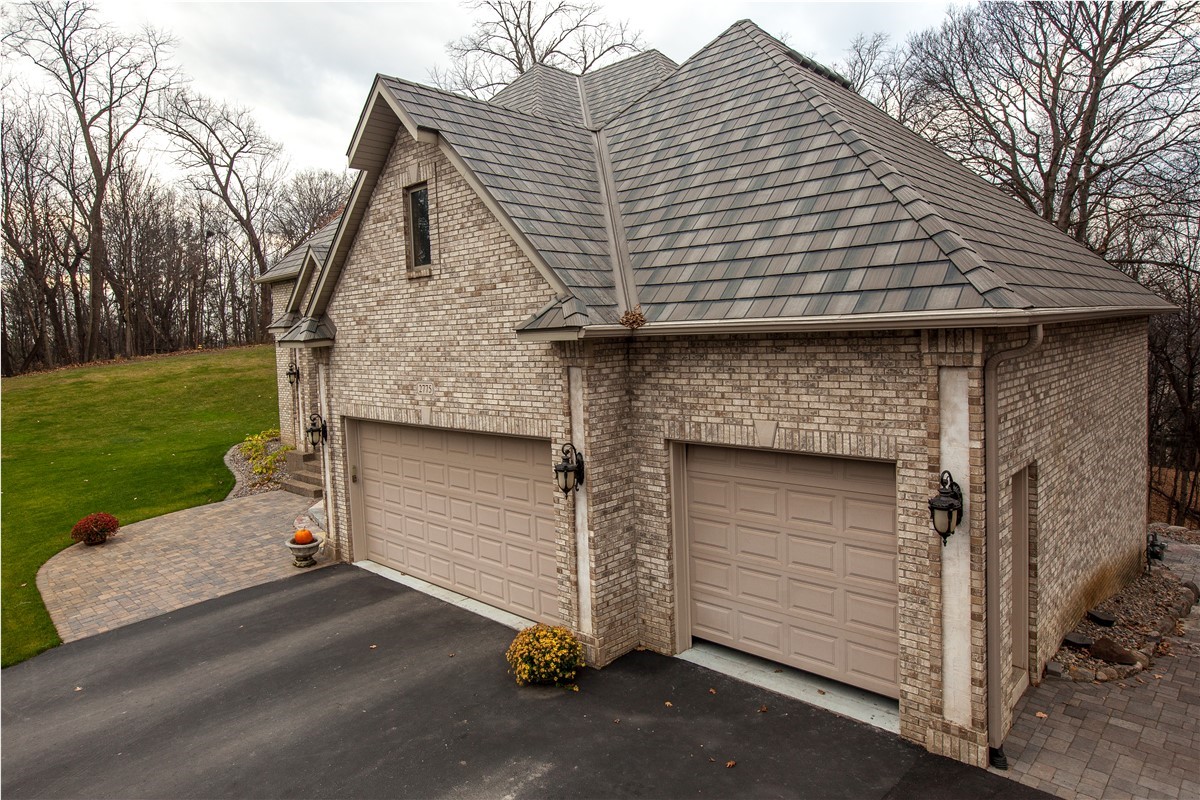
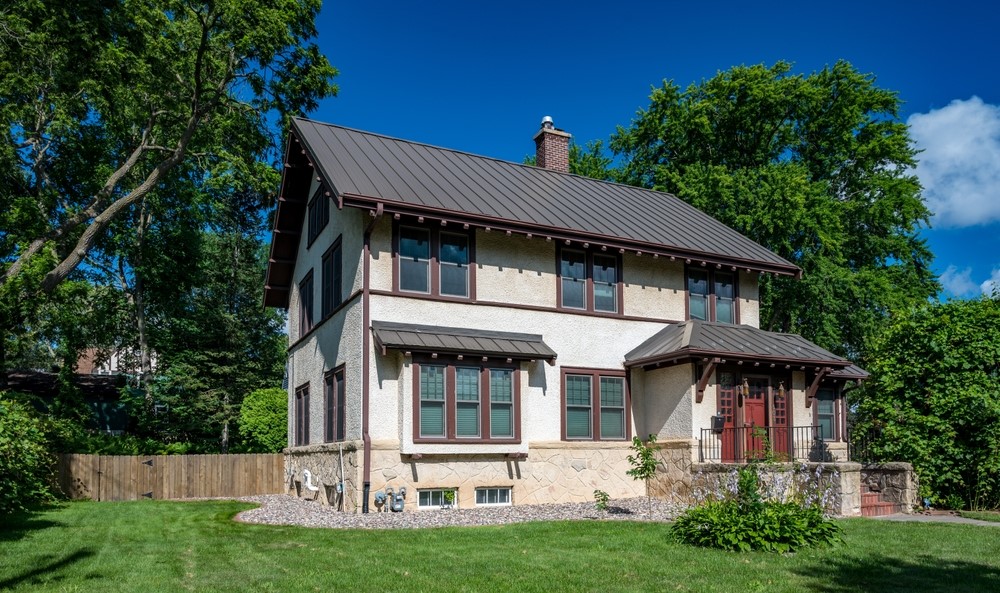
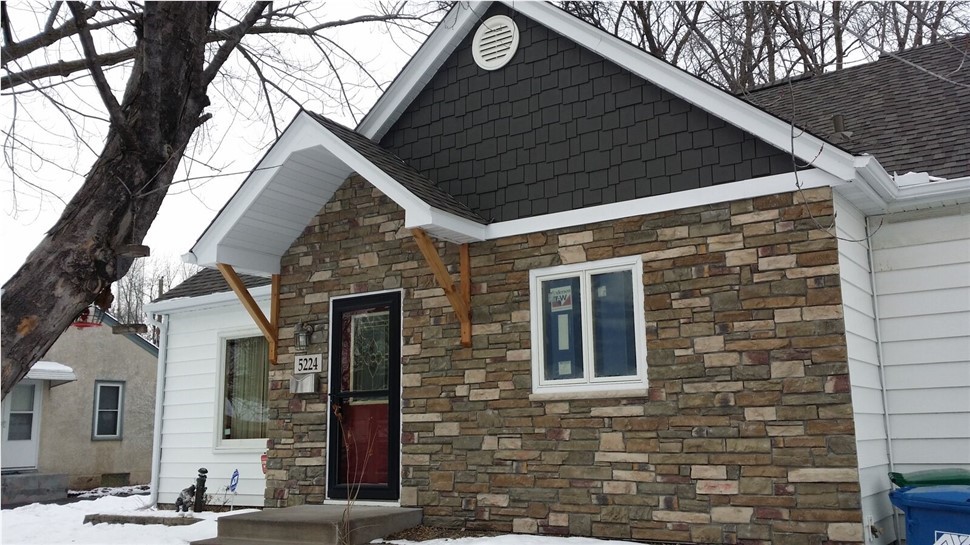
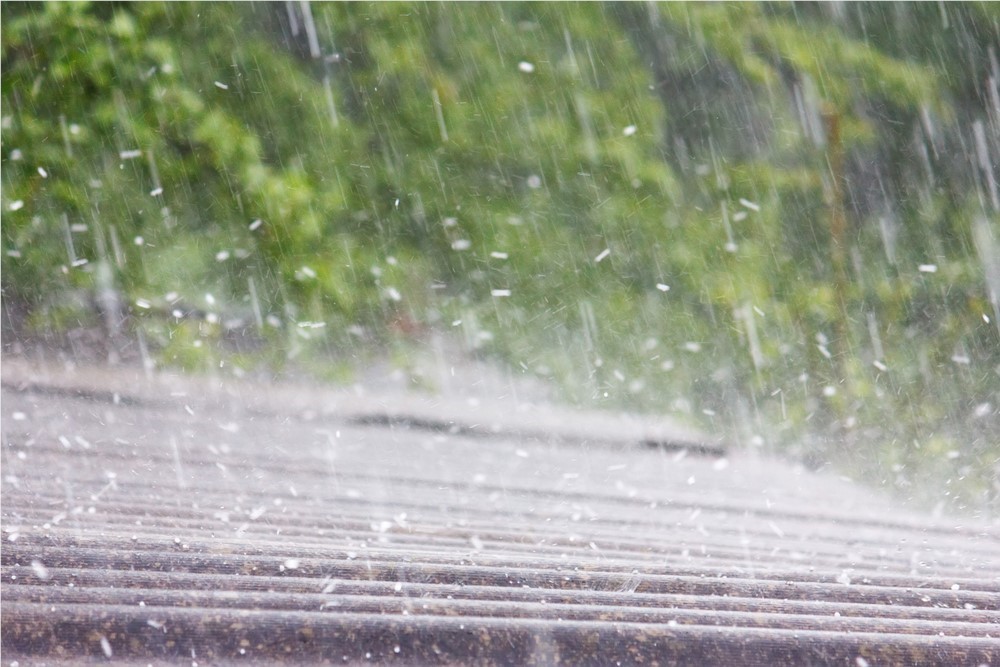
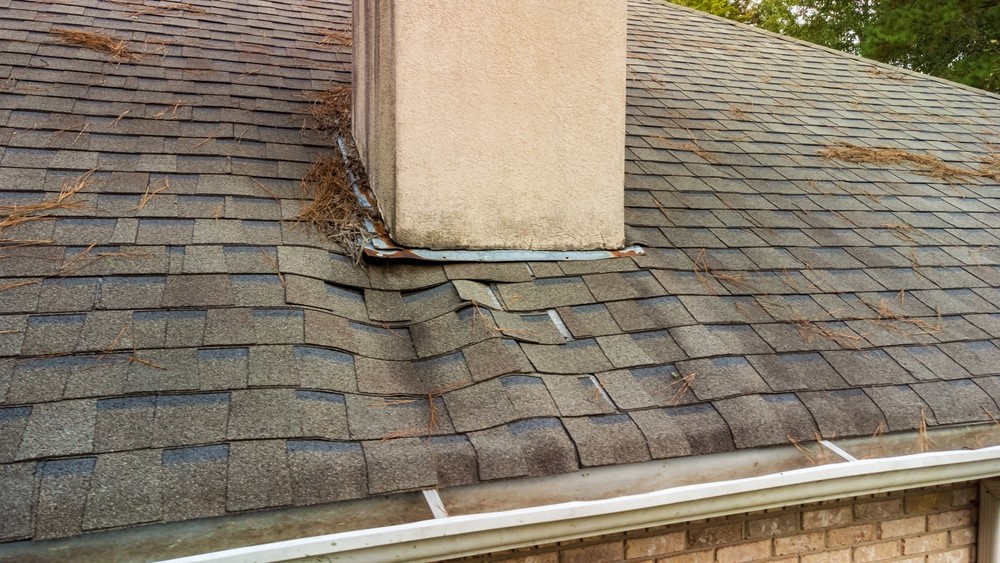
Comments